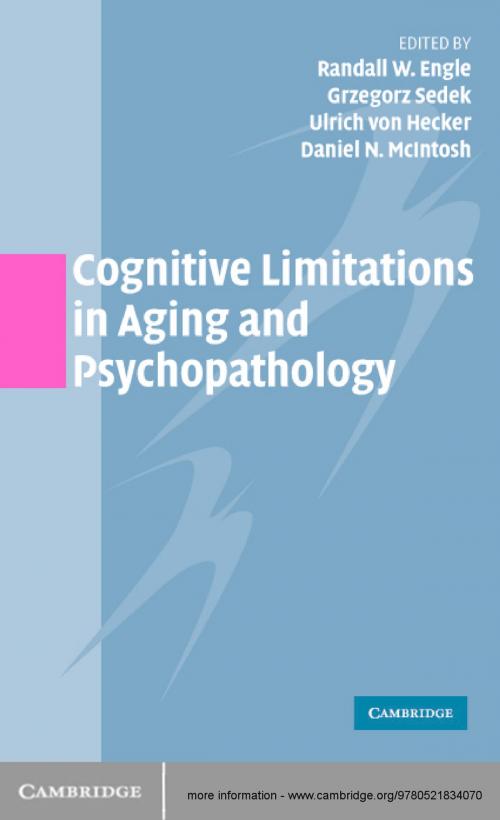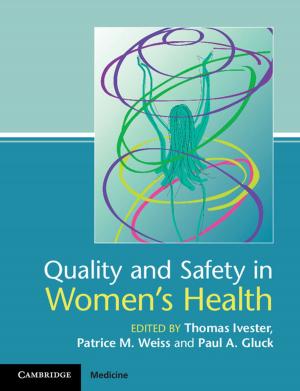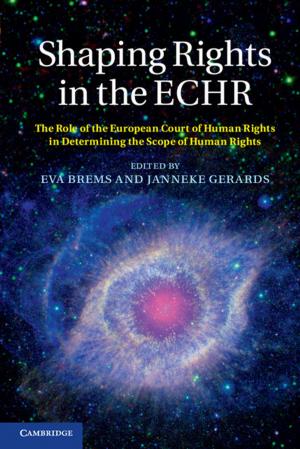Cognitive Limitations in Aging and Psychopathology
Nonfiction, Health & Well Being, Psychology, Cognitive Psychology, Medical| Author: | ISBN: | 9781139810159 | |
| Publisher: | Cambridge University Press | Publication: | October 17, 2005 |
| Imprint: | Cambridge University Press | Language: | English |
| Author: | |
| ISBN: | 9781139810159 |
| Publisher: | Cambridge University Press |
| Publication: | October 17, 2005 |
| Imprint: | Cambridge University Press |
| Language: | English |
This book examines the major progress made in recent psychological science in understanding the cognitive control of thought, emotion, and behavior and what happens when that control is diminished as a result of aging, depression, developmental disabilities, or psychopathology. Each chapter of this volume reports the most recent research by a leading researcher on the international stage. Topics include the effects on thought, emotion, and behavior by limitations in working memory, cognitive control, attention, inhibition, and reasoning processes. Other chapters review standard and emerging research paradigms and new findings on limitations in cognitive functioning associated with aging and psychopathology. The explicit goal behind this volume was to facilitate cross-area research and training by familiarizing researchers with paradigms and findings in areas different from but related to their own.
This book examines the major progress made in recent psychological science in understanding the cognitive control of thought, emotion, and behavior and what happens when that control is diminished as a result of aging, depression, developmental disabilities, or psychopathology. Each chapter of this volume reports the most recent research by a leading researcher on the international stage. Topics include the effects on thought, emotion, and behavior by limitations in working memory, cognitive control, attention, inhibition, and reasoning processes. Other chapters review standard and emerging research paradigms and new findings on limitations in cognitive functioning associated with aging and psychopathology. The explicit goal behind this volume was to facilitate cross-area research and training by familiarizing researchers with paradigms and findings in areas different from but related to their own.















